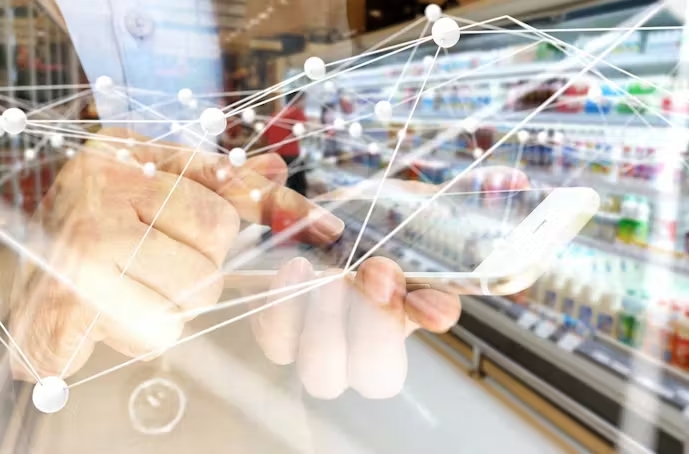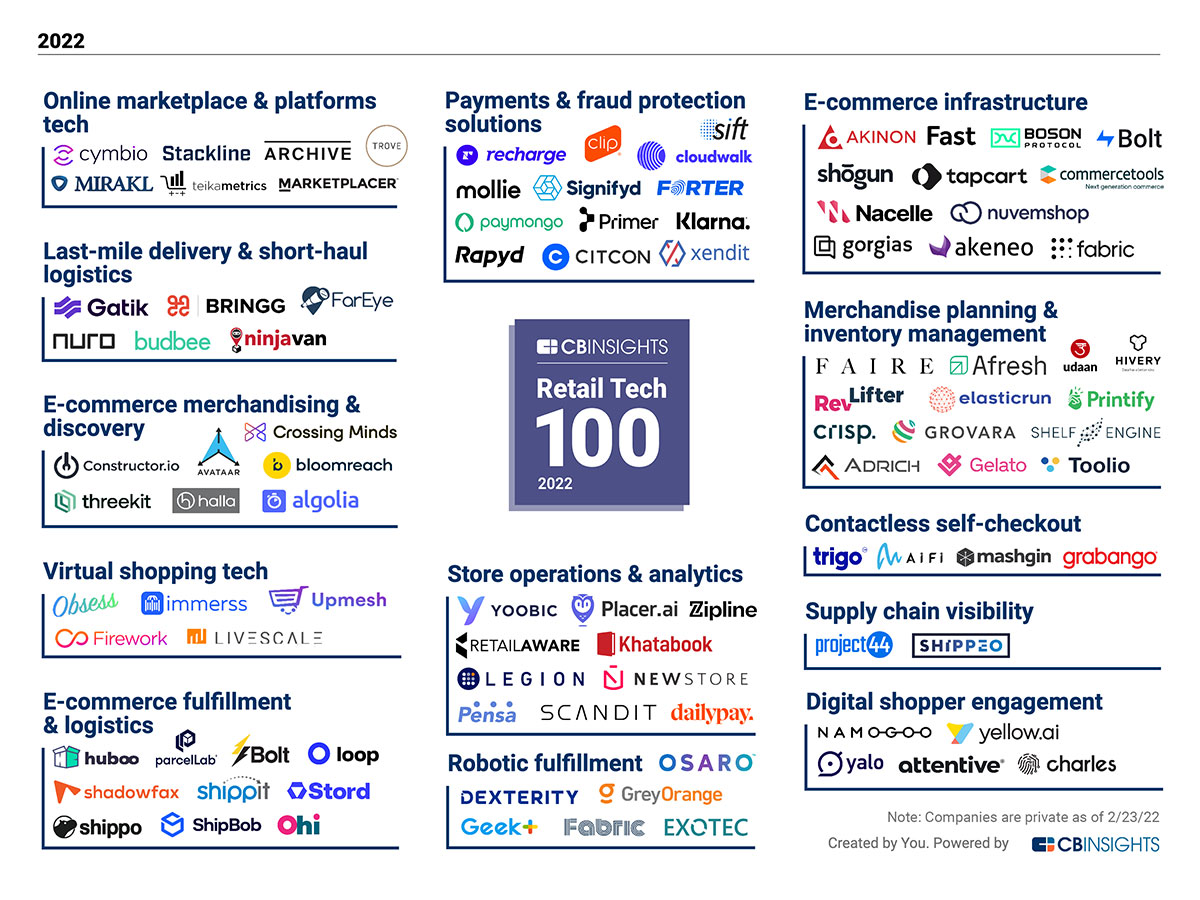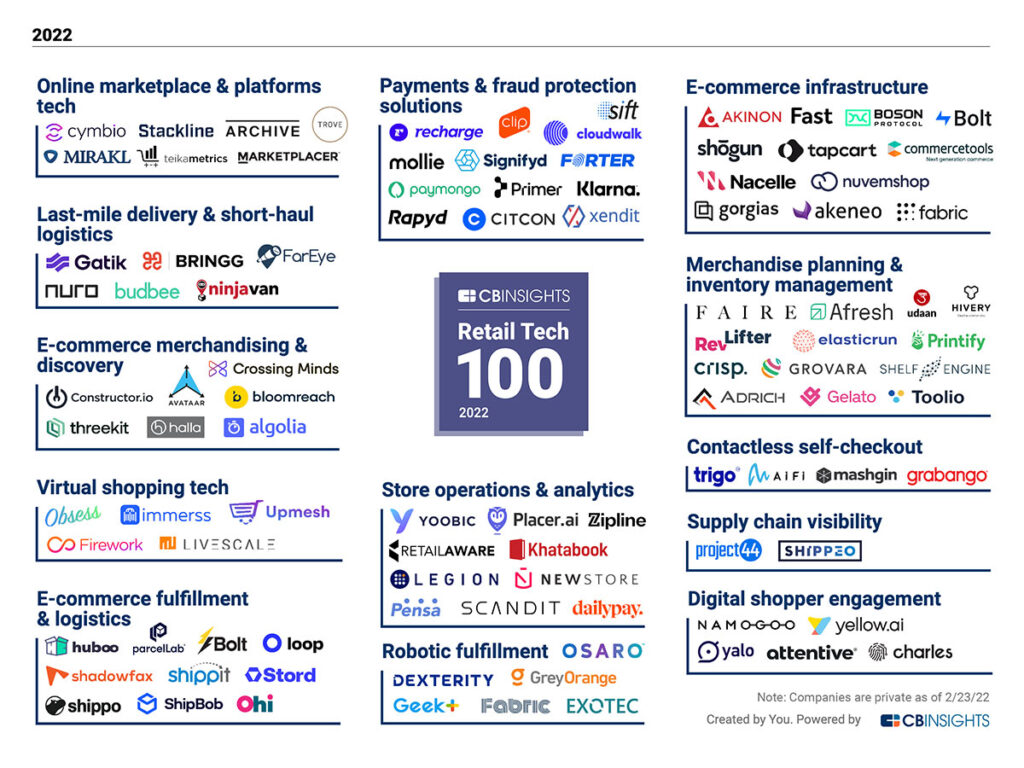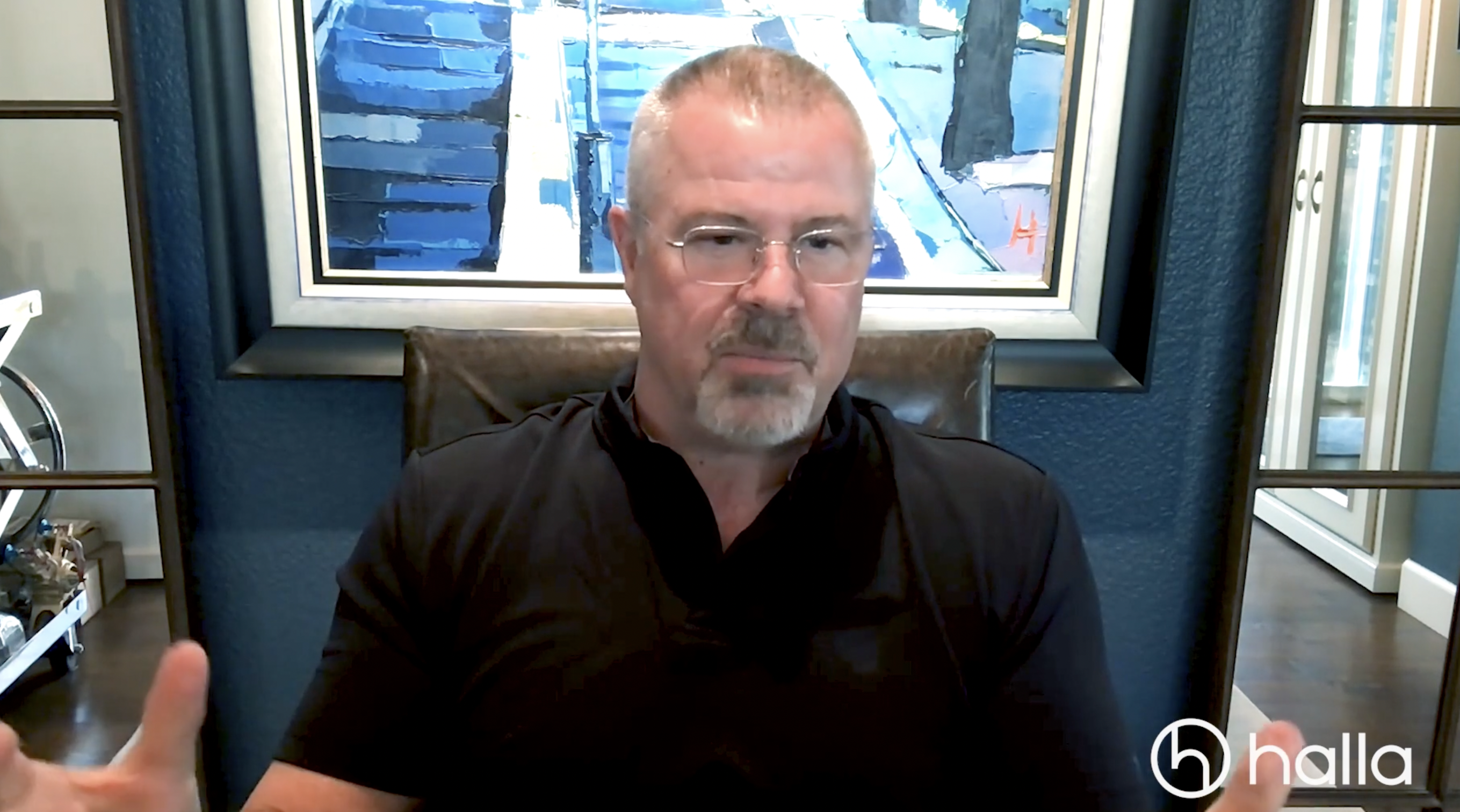

Navigating Grocery 3.0 with AI and Personalization
In the dynamic scenario of modern technology, innovation continues to reshape various industries, and the grocery sector is no exception. In a recent episode of Tech Leaders Unplugged, hosts Carlos Ponce and Wade Ericsson sat down with Spencer Price, CEO, and Henry Michaelson, CTO of Halla.io, to discuss the intriguing fusion of AI and grocery shopping. The conversation revolved around the transformation of the grocery experience, from the conventional brick-and-mortar setup to the digital realm of Grocery 3.0. As the dialogue unfolded, it became evident that the convergence of cutting-edge AI technology and personalized customer experiences is shaping the future of grocery shopping in profound ways.
The Birth of Halla.io: Pioneers of Personalized Grocery Shopping
Spencer Price and Henry Michaelson, co-founders of Halla.io, embarked on a journey to revolutionize the grocery industry through AI-driven solutions. With Spencer at the helm as CEO and Henry steering the ship as CTO, Halla.io set out to create a unique proposition that would enhance the grocery shopping experience for both customers and retailers. Their innovative solutions centered around Taste Intelligence, an intricate framework comprising three core components: recommendation, substitution, and search. Halla.io’s journey began with a fundamental question: How do people decide what to eat, and can those decisions be influenced? The answer was a resounding yes, propelling them forward on their mission to craft a more seamless and personalized shopping journey.
The Evolution of Grocery Shopping: Unveiling Grocery 3.0
Grocery shopping, once a routine chore, has evolved into a highly personalized experience, thanks to the integration of AI. Grocery 3.0 represents a new era where every shopper’s preferences, dietary restrictions, and household habits are meticulously considered. Through AI-driven algorithms, shoppers are presented with tailored product recommendations, substitutions, and search results that align with their unique tastes and requirements. This level of personalization not only enhances the shopping journey but also boosts impulse sales, customer retention, and add-to-cart rates for retailers. By leveraging AI, Halla.io has effectively brought Grocery 3.0 to life, reshaping how consumers interact with the grocery landscape.
Balancing AI Efficiency with the Human Touch
As AI-driven innovations continue to reshape the grocery industry, a pertinent question arises: How can retailers strike a balance between AI-driven efficiency and the personal touch that customers cherish? The challenge lies in harmonizing technological advancements with human-centric experiences. Halla.io acknowledges this delicate balance and seeks to enhance the human experience, not replace it. By incorporating AI-driven recommendations, retailers can streamline the shopping process, making it more intuitive and efficient. Simultaneously, the AI can serve as a guiding force, offering personalized suggestions that facilitate exploration, discovery, and healthier choices, thus elevating the overall customer experience.
The Path Forward: Integrating Nutrition and Personalized Meal Planning
As the grocery landscape continues to evolve, Halla.io envisions an exciting future where grocers become not just providers of goods but also partners in customers’ health and well-being journeys. The convergence of AI and nutrition promises to be a transformative force, enabling grocers to provide personalized meal plans, nutritional insights, and tailored recipes that align with individual health goals. This evolution aligns with the broader shift towards holistic wellness, where the grocer’s role extends beyond mere transactions to shaping healthier lifestyles. By tapping into AI’s capabilities, grocers can empower shoppers to make informed, health-conscious decisions while fostering a deeper connection between technology and human well-being.
A Glimpse into the AI-Powered Grocery Future
In the grand tapestry of technological innovation, the marriage of AI and grocery shopping emerges as a captivating chapter. Halla.io’s visionary approach to Grocery 3.0 showcases the potential of AI in delivering personalized, enriching shopping experiences. As the grocery industry continues its journey towards AI-driven personalization, the landscape will likely become a harmonious blend of efficiency and humanity. By striking the right balance between AI-enhanced efficiency and the human touch, retailers can usher in an era where technology empowers shoppers to make healthier, informed choices while forging deeper connections between grocers and their communities. The AI-powered grocery future is upon us, promising a more personalized, efficient, and nourishing shopping experience for all.
Check out the video podcast about this blog by clicking here










